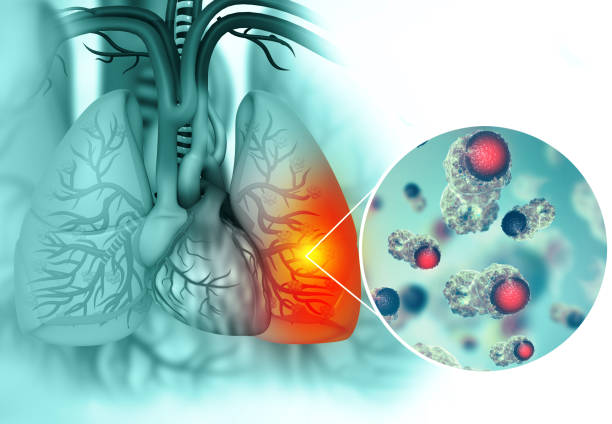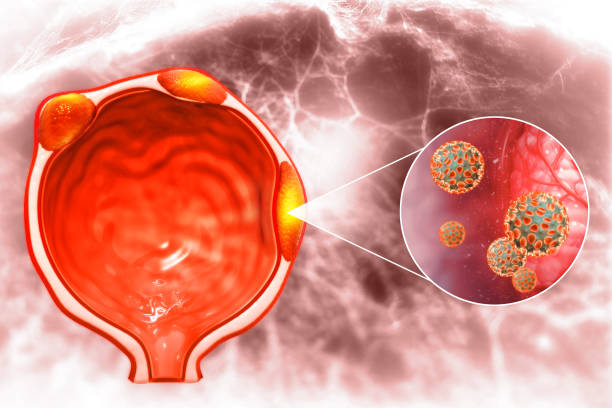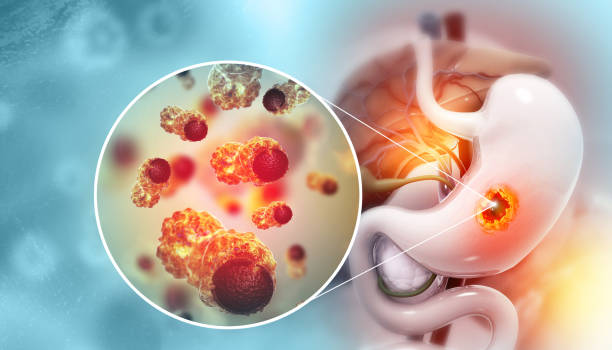Is pcos an autoimmune disease
PCOS is a hormonal disorder of the endocrine scheme in females that complicates male subfertility in millions of women globally. Possible symptoms associated with PCOS include infertility and irregular menstrual cycles, high heights of male hormones, development of polycystic ovaries, metabolic disorders, and increased risk of long-term diseases.

There has been much debate between the investigators and the patients regarding whether PCOS is an autoimmune disease or not. In the next sections, we will look at these facts and then distinguish between is pcos an autoimmune disease conditions and offer more info on this discussion.
Understanding PCOS: The Basics
PCOS can be considered based on hormonal imbalances, the core origins of which continue to remain unspecified. It results in the overproduction of the androgen hormones that affect normal blood coagulation and lead to signs such as acne, excessive hair loss, obesity, and irregular menstrual cycles. Thirdly, women who have PCOS usually have irregular cycles, and a maximum of 70 percent of the women who have the disorder may also develop diabetes due to insulin resistance. However, PCOS does not, at this time, fall into the category of autoimmune diseases even if one becomes the abovementioned symptoms.
Here is information about autoimmune diseases.
Autoimmune diseases are diseases that consequence from the body’s inability to distinguish between parts of the body, such as muscles, organs, or glands, and attackers that belong to the external environment. Some are lupus, rheumatoid arthritis, Hashimoto’s thyroiditis, among others. These diseases are all broadly stated to be related in some way to inflammation, autoantibodies, and glitches with organs and tissues/systems that are in the body.
Second, while all the described PCOS phenotypes do not have proven autoimmune pathology compared with endometriosis. For instance, it cannot be talked of as an aggressive action on the side of immunity on the ovaries and other elements of the genitalia. These are the differences between polycystic ovary syndrome and autoimmune diseases, which is the reason for our research in this area.
Is pcos an autoimmune disease? What Research Says
While PCOS is not still recognized as an autoimmune disease, some investigations point towards this connection. For instance, hypothyroidism in different autoimmune thyroid diseases has been observed to affect women with PCOS more. Such intersectionalities have given rise to things like what if there is an autoimmune component in PCOS or maybe risk factors of autoimmune diseases.
Chronic Inflammation in PCOS
According to some studies involving women with PCOS, several inflammatory markers have been established. Their presence in the following list of which the following illustration is evident Known Inflammatory Markers: C-reactive protein (CRP). Nevertheless, inflammation is more characteristic of autoimmune diseases, but that is not an indication that it only occurs in them. Obesity, insulin resistance, hormonal factors, and maybe inflammation in PCOS are not attributed to autoimmune disease.
As we have also seen in the case of glycemic index in the previous chapter,
Insulin resistance is not one disease but a complex of diseases that affect almost all the tissues of the organism.We know insulin resistance as one key etiology. However, some authors affirm that this causes immune dysfunction. However, this dysfunction does not seem to reflect the kind of immune response that is recognized in autoimmune disorders, where certain tissues are attacked with autoantibodies.
Genetic and environmental factors these two factors can be described as follows:
Pgenetic factor includes the provenance of genetic characteristics, whereas PEnvironmental factor is composed of components of the environment under which the gene is passed on.Partly genetic is one way of describing them; on the other hand, they have an environmental component that can be touched. For instance, the PCOS genetic factor has background genes in relation to hormone synthesis and metabolism; autoimmune genes also have genes that concern immunity.
Why the Confusion?
From this perspective, this website can be regarded as confusing in terms of whether PCOS is an autoimmune disease or not, which depends on the symptoms and co-morbidities. For instance, most of the signs that one is experiencing any of the two Is pcos an autoimmune disease include exhaustion, thin hair, and mood swings. Other common endocrine disorders associated with PCOS are also observed, and we now have Hashimoto’s thyroiditis among them.
Therefore, management and treatment of PCOS are required so that women affected by this condition can enhance their normal lives.
PCOS is still categorized as an endocrine disorder, not an autoimmune one; however, its very existence and especially its treatment rely on some characteristics of the disease. Common approaches include:
- Lifestyle Changes: Dieting exercising and reducing weight helps a lot in getting rid of some of the symptoms, if not all.
- Medication: Some of the treatments include the use of drugs such as metformin, where a patient has such issues as insulin resistance, and hormonal contraceptives where there are such issues as dysfunctional menstrual cycles.
- Monitoring for Associated Risks: Women with PCOS should therefore undergo screening for old complications, including diabetes, cardiovascular diseases, and thyroid disorders.
Conclusion: Is pcos an autoimmune disease?
Yet, one has to stress that PCOS cannot be diagnosed as an autoimmune disease. Other diseases are inflammation and autoimmune thyroid diseases, but they have different origins from other autoimmune diseases. Such knowledge is necessary for the patients with PCOS, as well as the treatment facilitators, to come up with special ways of dealing with this disease effectively. It may be expected that during future investigations, more information regarding some special factors that are comprised in the relation of PCOS with the immune system and other diseases can be established.

FAQs about Is pcos an autoimmune disease
Can it, nevertheless, later evolve into an autoimmune disease, as is PCOS, which stands for polycystic ovary syndrome?
However, the appearance of the autoimmune type of PCOS is not a result of the transmutation of the original disease. However, autoimmune diseases are generally on the rise among women with PCOS, and they share one or more precursors.
What investigations help exclude autoimmune disorders in women with features of PCOS?
Other serological tests like the ANA, thyroid profile, or markers of inflammation may show autoimmunity whenever women with symptoms suggestive of PCOS are being investigated or excluded for autoimmune diseases.

